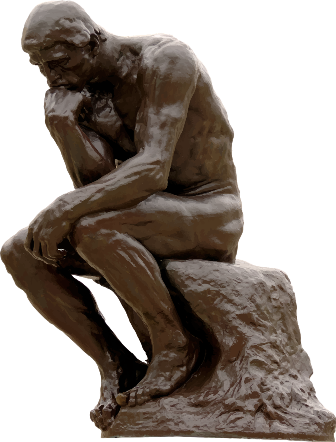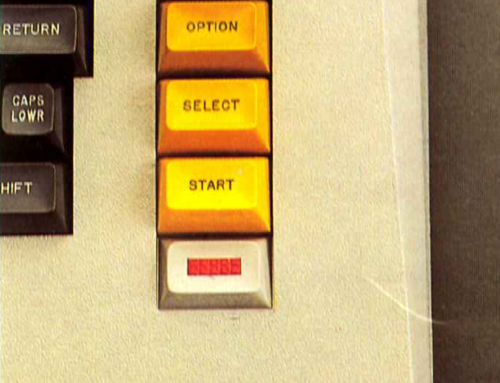In 1637, the French philosopher René Descartes concluded that, in a world of illusion, the only immutable truth is that we only exist because we think. I’m thinking René was a pretty smart guy.
Because here’s the thing: without consciousness, we wouldn’t be here. Sure, you can make an argument to the contrary. For instance, let’s say I’m in a coma and, for all intents and purposes, I’m brain dead. My body is still there, but I’ve lost all mental functioning. To an external observer, I still exist. But that’s confusing “me” for my body. If there is no “I” to think or feel, “I” don’t actually exist at all. All that’s left is an empty shell.
If you’re not convinced, consider the inverse. Let’s say I’m in a terrible accident and my body loses all functioning. In fact, let’s say it’s so bad that I lose all my limbs. Now, much of my body is no longer there. But “I” still exist. My consciousness is still awake and aware—even if physically much of me is gone.
As long as I’m capable of thinking, I continue to exist. Yet, as soon as my consciousness winks out, I’m gone. I think, therefore I am.
Digging deeper
Now, just for fun, let’s take Descartes’ proposition one step further. If thinking alone defines my existence, then what I think must dictate the type of existence I have. In other words: what I think is what I am.
This is where things get interesting.
Have you ever heard of the law of attraction? The concept is pretty basic. It says we attract whatever we think about, good or bad. There’s no magic in this concept; it’s simply the way our brains work. And you’ve probably seen it in action dozens of times. When you get a new car, for instance, ever notice how many cars like yours are suddenly on the road? Same make, same colour—we see them everywhere. Because that’s what we’re paying attention to. We see what we’re focused on. We manifest what we’re thinking about.
And that’s true way beyond new cars. Ever noticed how many red lights you get after you hit that first red light? It’s like a conspiracy. Or how about how that tooth pain gets worse the more you think about it. How is that even possible? Or how about all those chronic habits you can’t break—like always being late or forgetting your keys.
All these things—ALL these things—come down to your thinking. Want to stop being chronically late? Leave the house earlier. Want to stop forgetting your keys? Choose a consistent place to keep them. Want to stop being shocked at how many red lights you hit? Pay attention to the green lights instead.
Channel the power
Given the power of our thinking to craft our reality, it always amazes me how thoughtless we can be. Our thoughts literally shape our worlds. They dictate what we pay attention to, how we react to situations, whether we adopt a positive or negative outlook. And instead of using them to seek out beauty, or bolster our faith, or find emotional equilibrium in a tumultuous situation, we use them to reinforce our own neuroses. Instead of accepting mistakes as a learning experience, we call ourselves stupid. Instead of using fear as a springboard to adventure, we buy into the thoughts that tell us to hide. Instead of applying the magnificent powers of our brains to imagine perfect outcomes, we visualize failure. And then we congratulate ourselves for our supreme realism when we prove ourselves right.
I dare you to break the cycle. For the next 30 days—hell, for just the next week!—stop listening to your negative thoughts. Just fucking ignore them. See if you can watch them come up and avoid the temptation of playing with them. Seriously. If something pops into your head that disempowers you, you can tell it to buzz off. If it gets louder, you can lean back farther inside your mind to create distance from it. Treat it like it’s contagious and stay as far away from it as you can.
We may not be able to control what thoughts come up, but we can certainly decide which thoughts to buy into. What we think is what we are. Isn’t that enough incentive to think about joy and light and love? I think it is.





Leave A Comment